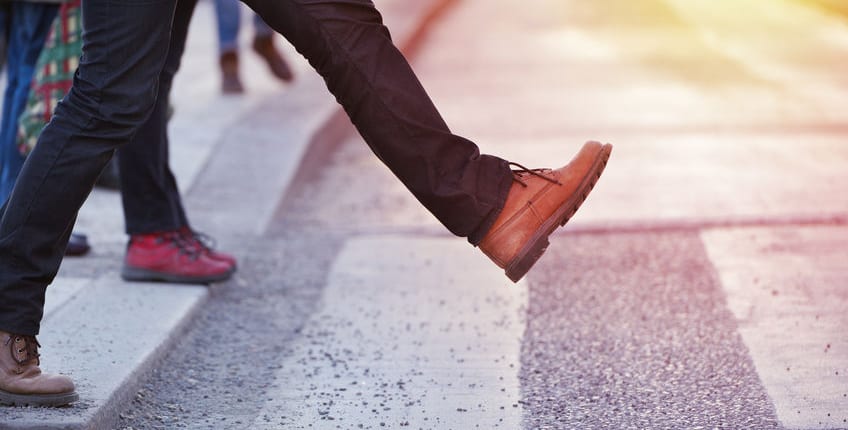Baby Steps
It takes courage to take the first steps.
Oftentimes we are reluctant to be the one to go first but it is by taking the first step that we can learn to walk and build up momentum to run. Most babies start taking their initial steps by the first year of life, typically around 9 to 12 months to where they are walking by roughly six months later. Before a baby even takes that first step, they will show signs of readiness. Examples include crawling, pulling up to stand, and getting around by holding onto furniture. While some steps might feel like instinct, for others even the most simple steps such as getting out of bed, doing household tasks, or making a phone call may take a significant amount of effort. Seeking help for mental health concerns can be especially hard. It takes courage to reach out for help and hard work to build up strength to move forward.
“Baby steps count, as long as you are going forward. You add them all up and one day you look back and you’ll be surprised at where you might get to” –Chris Gardner
Depression can impact the motivation to initiate reaching out for help and anxiety can create anxious apprehension. Misinformation, fear, and stigma are common factors that prevent us from seeking help. I am encouraged by stories from first-time clients who took the initiative to care for their mental health. I am a strong advocate for preventative care, taking a proactive approach to overall health and wellness. Providing information about mental health through education and community outreach is one way that CARE Counseling is working to reduce stigma. The power of personal testimony to family and friends who may benefit from mental health treatment is so powerful that it may save a life. Suggesting therapy is a practical way in which we can help support our loved ones.
Prior to COVID-19, Americans were reporting levels of stress, anger, and worry that were at their highest levels in decades, according to a survey in 2018.
https://www.nytimes.com/2019/04/25/us/americans-stressful.html Of those polled, 55% of adults were reporting stress a lot of the day while 45% were reporting a lot of worries. Overall baselines of stress, anger, and worry have only been exacerbated. Did you know that 4 in 5 Americans’ mental health has been impacted by COVID-19? That is 80% of the population! Since there is a strong connection to physical and mental health, it is important to take care of both. Now is a great time to take charge of your mental health.
Listen to your body’s signals that indicate readiness that it is time for change such as changes in sleep, appetite, and energy levels. Also pay attention to changes in thinking that contribute to feeling overwhelmed, irritable, lonely, or unfocused such as racing thoughts, negative or suicidal thinking, and constant worry. Help is just a phone call or a click away.




